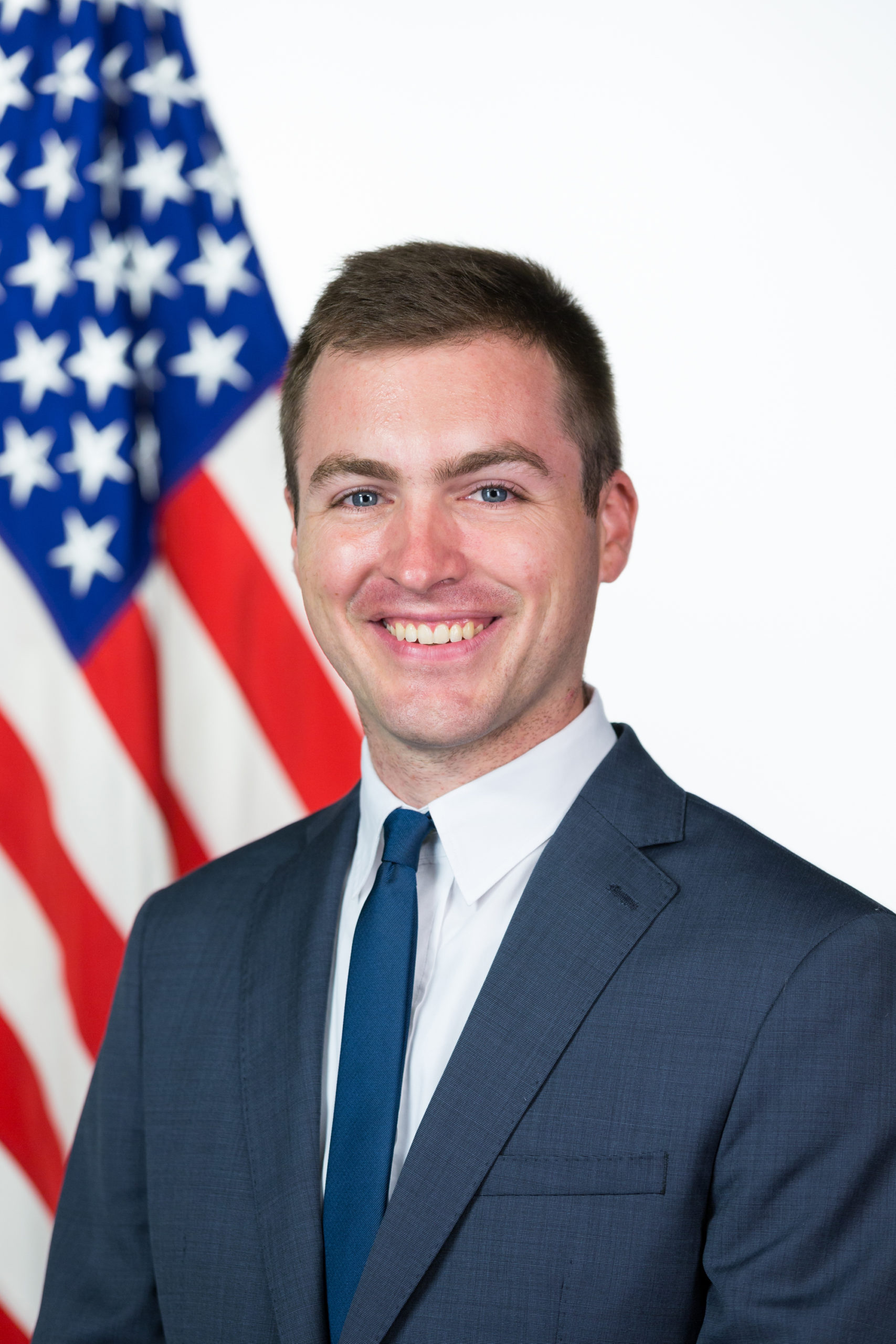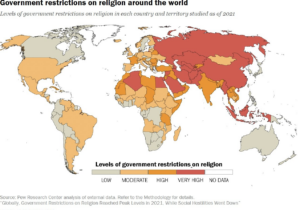Seventy-six percent of Palestinian Christians gave the Palestinian Authority (PA) failing marks for how schools teach the history of Christians, according to a recent survey commissioned by The Philos Project.
“Palestine has a long, rich history of Palestinian Christians,” said Khalil Sayegh, a Christian from Gaza and Philos Advocacy Fellow. “The Palestinian textbooks and curriculum, however, just choose to deny all of that.”
Sayegh shared his insights during a June 17 online discussion with Robert Nicholson, executive director of The Philos Project, and Dr. Khalil Shikaki of the Palestinian Center for Policy and Survey Research (PSR), who conducted the survey.
Christians are a dwindling minority, accounting for a mere 1 percent of the Palestinian population in the West Bank and Gaza Strip, and the comprehensive survey examines challenges this religious minority faces, including Israeli settlements and the PA educational system. The survey has a sample size of 995 with a margin of error of +/- 3 percent.
“The history that we learn [in school] starts with the Islamic conquest of the land,” Sayegh said. “Anything before will focus on the pre-Israelite era. I understand that. It’s trying to deny the narrative of the Torah and biblical history because this, to a certain extent, is used to justify the existence of Israel. However, this leads to Palestinian Christians looking like foreigners.”
Crusader, infidel, and foreigner are all epithets Sayegh experienced in grade school. And the survey revealed he was not the only Christian in the Palestinian Territories who had the same experience. Twenty-seven percent said that they have been exposed to racist curses or epithets, and 43 percent said that they feel most Muslims do not want them in the land.
Taught by his secular-minded father that Christians have little that distinguishes them from Muslims, Sayegh learned in school that they do. One teacher warned him of hellfire if he did not convert to Islam. While only 23 percent of those surveyed admitted to being asked to convert to Islam, 70 percent said they had at one time heard a Muslim state that Christians will go to hellfire.
Palestinians Muslims who rely on the PA educational system to learn about Christianity may end up seeing Christians as foreign interlopers and crusaders, according to Sayegh. Without references to Christianity as part of schooling, Sayegh added that Palestinian Muslims could fall into the temptation of assuming that the Christians they meet arrived with the crusaders, who are often characterized as “vicious, criminal, and foreign.”
While Sayegh cites the faulty textbooks as significant obstacles for Christian integration into Palestinian society, Shikaki sees them as a way to make things better if appropriately revised.
“Thank you, Khalil, for raising that,” Shikaki said. “What we want to do now is to translate that into a discussion about what needs to be done, which is, first and foremost… for the PA to acknowledge that these are serious issues, and that they exist. I want them to begin with the school textbooks and to do this from first grade all the way up to high school, so that in every year students are able to learn their own history, the history of their own community, Christian and Muslim communities, and not ignore anything.”
Shikaki added that personal testimonies like Sayegh’s are key.
“They [Palestinian students] should be able to hear people like Khalil Sayegh tell them his own personal perceptions,” Shikaki said. “What has happened with him personally. And this should be something that happens in schools openly.”
The schools are not the only PA institutions that receive failing marks from the Palestinian Christians surveyed. Two-thirds say that they have little trust in the PA government; trust in the judiciary peaks at 16 percent, and confidence in the police stands at 22 percent.
“I’m really looking for the day when I can share with my Muslim neighbors openly in public, speaking about my own experience,” Sayegh said. “I know I share it with my friends, but I’m looking forward to the day they’ll be able to come to me and say, ‘Come. Share your story.’”
The full survey of Palestinian Christians also reveals other issues, such as a credibility gap facing ecclesiastical leadership (39 percent trust Christian leaders), economic concerns as the main driver of emigration (59 percent), as well as a growing fear of religious Salafist groups (77 percent).
“This survey can help us a lot to address the problems of our Christian community here and what they are really facing,” Sayegh said.






